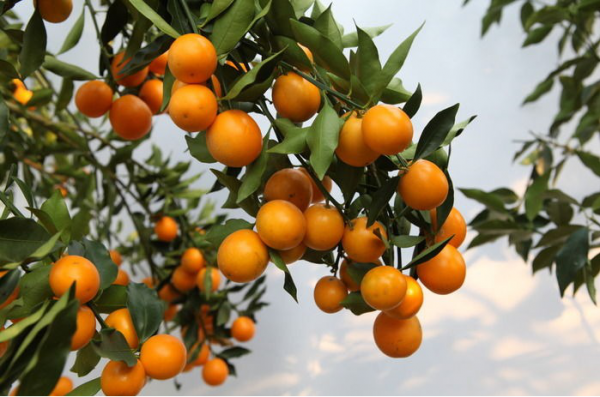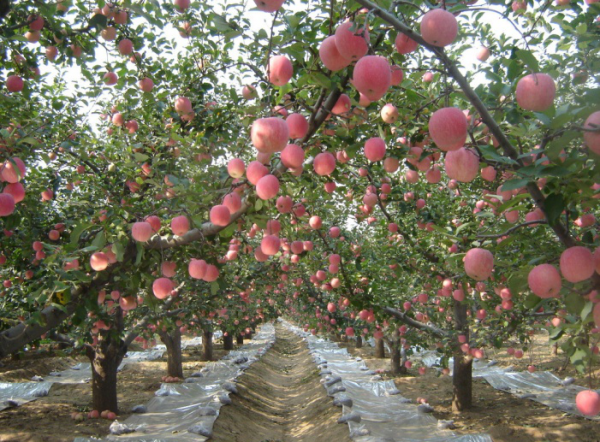NPK is various nutrients needed in the process of plant growth. The three elements of nitrogen, phosphorus, and potassium are nutrients that are needed for plant growth and take away in a large amount when harvesting, but they are returned to the soil in the form of residues and roots, but not many. Therefore, the nutrient elements necessary for crops require a large amount of nitrogen, phosphorus, and potassium. Therefore, nitrogen fertilizer, phosphate fertilizer, and potassium fertilizer are the most important chemical fertilizers, so these nutrients must be supplemented by applying fertilizers.
Nitrogen(N)
Nitrogen is a component of protein, nucleic acid, and chlorophyll in plants. The effect of nitrogen on plant growth and development is very obvious. When nitrogen is sufficient, plants can synthesize more protein to promote cell division and growth. Therefore, the leaf area of plants grows faster, and more leaf areas can be used for photosynthesis.
Phosphorus(P)
The content of phosphorus in plants is second only to nitrogen and potassium and is generally higher in seeds. Phosphorus plays an important role in plant nutrition: Phosphorus can promote the formation and growth of early root systems, improve the ability of plants to adapt to external environmental conditions and help plants to withstand the severe cold in winter. At the same time, phosphorus can improve many fruits, vegetables, and food crops. Quality helps to enhance the disease resistance, drought, and cold resistance of some plants, and phosphorus has the effect of promoting maturity, which is extremely important for harvest and crop quality.
Potassium(K)
Potassium is the main nutrient element of plants, and it is also one of the three elements in the soil that often affect crop yields due to insufficient supply. Potassium has a high distribution in organs and tissues where plant metabolism is active. It has the functions of ensuring the smooth progress of various metabolic processes, promoting plant growth, and enhancing resistance to diseases and insect pests, and lodging resistance. Potassium can significantly improve the absorption and utilization of nitrogen by plants, and it can be quickly converted into protein. Potassium can also promote economical water use by plants. Because potassium ions can accumulate more in crop cells, it increases cell osmotic pressure and allows water to move from low-concentration soil solutions to high-concentration root cells. When the potassium supply is sufficient, crops can effectively use water and keep it in the body, reducing the transpiration of water.
Therefore, NPK is an extremely important fertilizer in the process of plant growth. It is necessary to observe the state of the plants in time to supplement the corresponding fertilizers to allow the plants to grow better.
Post time: Mar-18-2021







